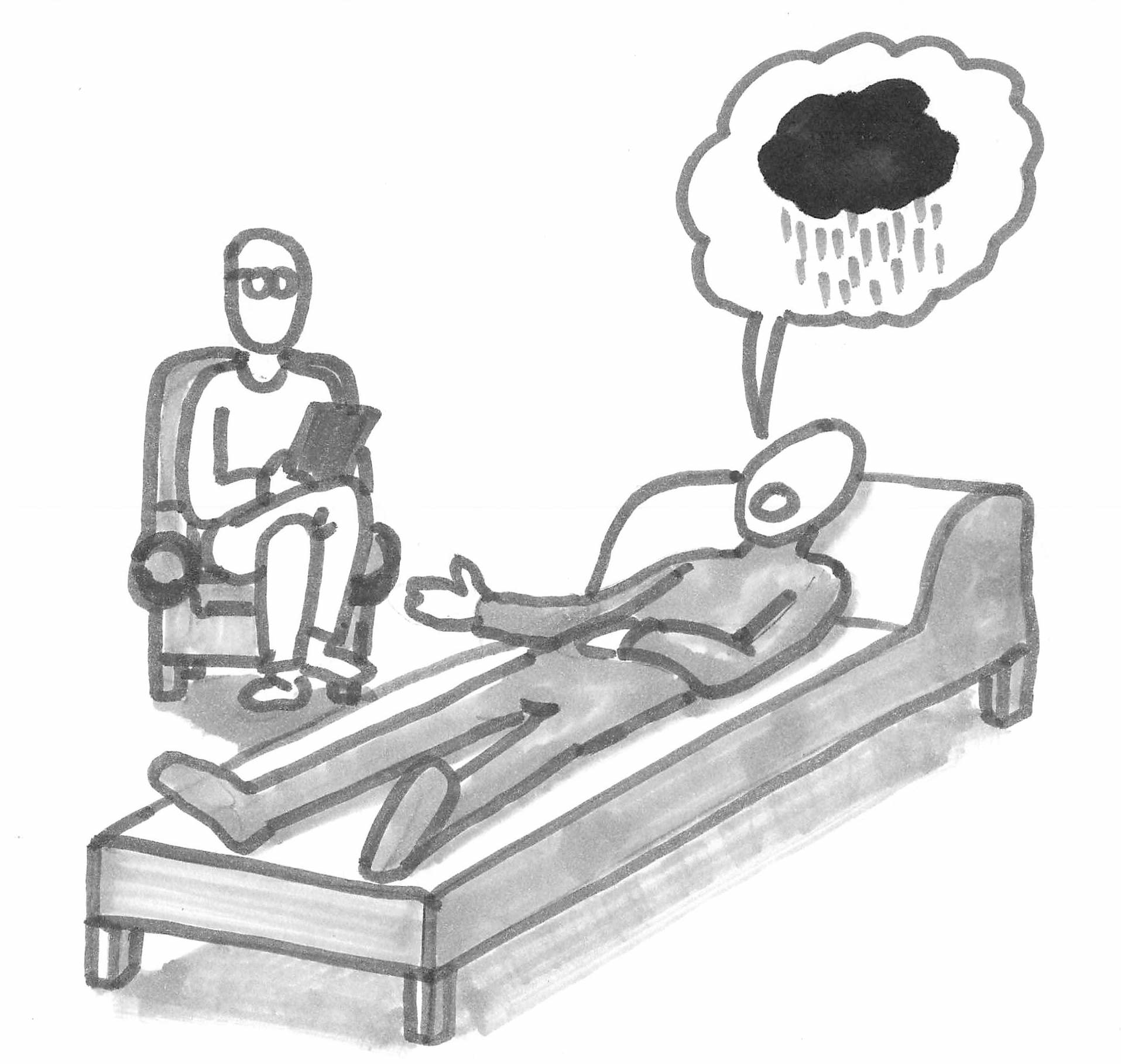 (27.3.2024) Um Wahlleistungen abrechnen lassen zu können, muß ein psychosomatischer Chefarzt die seine Disziplin prägende Kernleistung persönlich erbringen und der wahlärzlichen Behandlung des Patienten während seines stationären Aufenthalts insgesamt sein persönliches Gepräge gegeben haben. Dazu muß er das individuelle Behandlungskonzept entwickeln und überwachen, selbst regelmäßig Therapiemaßnahmen durchführen und die Therapie koordinieren und steuern (Amtsgericht Neuss, Urteil vom 05.04.2023 - 85 C 368/22).
(27.3.2024) Um Wahlleistungen abrechnen lassen zu können, muß ein psychosomatischer Chefarzt die seine Disziplin prägende Kernleistung persönlich erbringen und der wahlärzlichen Behandlung des Patienten während seines stationären Aufenthalts insgesamt sein persönliches Gepräge gegeben haben. Dazu muß er das individuelle Behandlungskonzept entwickeln und überwachen, selbst regelmäßig Therapiemaßnahmen durchführen und die Therapie koordinieren und steuern (Amtsgericht Neuss, Urteil vom 05.04.2023 - 85 C 368/22).
Der Fall:
Eine Frau schloss mit dem klagenden psychosomatischen und psychiatrischen Krankenhaus eine Wahlleistungsvereinbarung über eine Chefarztbehandlung. Nach ihrer stationären Behandlung rechnete das Krankenhaus Wahlleistungen u.a. für autogenes Training in Höhe von rund 4.000 EUR ab.
Zwischen den Parteien streitig ist die Abrechenbarkeit der Ziffern 847, 849, 862, 45, 801, 804, 860, 861, und 719 GOÄ. Die beklagte Patientin bestreitet, dass diese Ziffern zu recht als ärztliche Wahlleistung abgerechnet worden seien.
Die Entscheidung:
Das AG Neuss wies die Klage ganz überwiegend als unbegründet ab.
Dabei lehnte sich das Gericht an obergerichtliche Entscheidungen des OLG Celle und des OLG Stuttgart an und verlangte, dass der Chefarzt die Kernleistung selbst erbringt und der Behandlung der Patienten so sein ganz persönliches Gepräge gegeben hat. Hierbei könne es genügen, wenn der Chefarzt in der Fachrichtung Psychiatrie, Psychotherapie und Psychosomatik wöchentlich 50-minütige Einzeltherapiesitzungen selbst durchführt, die die Gesamtbehandlung des Patienten mitprägen, im Rahmen der Visite beinahe täglich Kontakt zum Patienten hat und daneben die Behandlung in Form unterschiedlicher Therapien koordiniert und steuert. Dafür trage die Behandlungsseite die Beweislast.
Dem Chefarzt bzw. dem Krankenhaus ist dieser Nachweis im vorliegenden Fall nach Ansicht des Amtsgericht Neuss nicht gelungen.
Es reicht aus Sicht des Gerichts nicht aus, dass der Chefarzt die Station täglich besucht und jeden einzelnen Patienten mit dem gesamten Ärzte- und Psychologenteam besprochen hat sowie das therapeutische Konzept individuell für jeden einzelnen Patienten persönlich entworfen und dauerhaft und engmaschig überwacht hat. Es sei nämlich auch aus den vorgelegten Behandlungsunterlagen nicht ersichtlich, wann der Chefarzt selbst Einzeltherapien durchgeführt hat und welche Qualifikationen die Ärzte haben, an die Aufgaben delegiert wurden. Auch ist nicht ersichtlich, dass der Chefarzt nahezu täglich Kontakt zu der beklagten Patientin hatte. Es hätte dem klagenden Krankenhaus oblegen, substantiiert darzulegen, wann und wie oft er persönlichen Kontakt mit der Beklagten hatte.
Es sei auch nicht ersichtlich, inwieweit der Chefarzt über die Anordnung der Ergotherapie (GOÄ 719) sowie von Gruppentherapien deren Durchführung durch Supervisionen, Nachbesprechungen und Übergabegespräche koordiniert und gesteuert hat, so dass es auch hier an einer Abrechenbarkeit als Wahlleistung fehle. Die bloße Anordnung solcher delegationsfähiger Behandlungen reiche nicht, um diese als Wahlleistung anrechenbar zu machen. Vielmehr muss der Chefarzt hierfür darlegen, dass er den Inhalt der delegierten Behandlungen maßgeblich betreut hat.
Praxisanmerkung:
Die Entscheidung ist richtig und zu begrüßen. Fraglich ist nun, wie die Behandlungsseite die wahlärztliche Behandlung gestalten muss, um eine Abrechenbarkeit zu gewährleisten.
Clausen (jurisPR-MedizinR 3/2024 Anm. 3) empfiehlt dazu, das Behandlungskonzept so zu organisieren, dass im Streitfall nachgewiesen werden kann, dass der Wahlarzt zwar nicht alle wahlärztlichen Leistungen persönlich erbracht hat, der Patient durch die wahlärztliche Behandlung aber trotzdem den Mehrwert bekommen hat, der die Zahlung eines zusätzlichen Wahlarzthonorars neben den allgemeinen Krankenhausleistungen rechtfertigt. Dazu muss der jeweilige Wahlarzt
- das Behandlungskonzept entwickeln
- an der Behandlung des Patienten beteiligt sein, was in der Regel erfüllt sein sollte, wenn er einmal in der Woche eine Einzeltherapie mit dem Patienten durchführt
- täglich Kontakt zum Patienten hat
- Im Übrigen muss der Wahlarzt sein eigenes Behandlungskonzept engmaschig durch wöchentliche Teambesprechungen und Supervisionen überwachen und sollte
- Wahlarzt sollte dokumentieren, dass er ggf. bei Bedarf Veränderungen an dem Behandlungskonzept vorgenommen hat
- die dokumentierten Wahlleistungen sollten durch Hinzufügung eines Namenskürzels individuell zuordenbar dokumentiert werden
